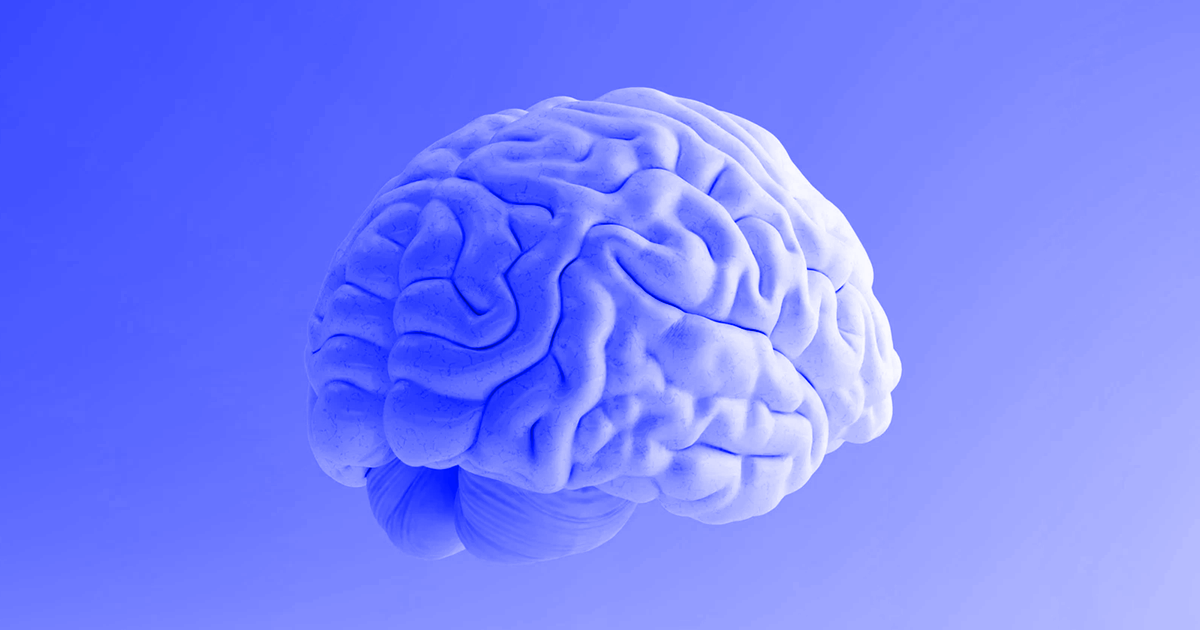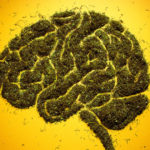The use of psychostimulants, like Ritalin and Adderall, are detrimental for diminishing loss of focus, hyperactivity, and impulsivity among people diagnosed with attention deficit hyperactivity disorder (ADHD).
A team of researchers at Brown University studied commonly prescribed stimulant drugs and found its theoretical mechanism of action results in the brain’s attention on the benefits of a complex task and not its perceived costs. The findings were posted online in the peer-reviewed journal Science.
Ritalin, similar to other stimulants, is considered a dopamine agonist, acting on a region of the brain known as the striatum, correlated with enhanced motivation and cognitive function. The enhanced dopaminergic neurotransmission of stimulants have put forth uncertainty on whether its improved cognitive effects are the result of increased ability or motivation.
To examine the extent of the enhanced cognitive performance, the research team recruited 50 healthy participants aged 18 to 43.
Using brain imaging scans, each participant’s natural dopamine levels were examined. Thereafter, a series of cognitive tests was administered, some of which were more complex than others. Upon completion, the participants received a monetary reward, with more value for the most difficult tests.
According to the study, the team “administered a placebo, methylphenidate (a dopamine and noradrenaline reuptake blocker), and sulpiride (a selective D2 receptor antagonist) while participants made explicit cost-benefit decisions about whether to engage in cognitive effort.”
“Higher dopamine synthesis capacity in the caudate nucleus was associated with greater willingness to allocate cognitive effort,” the team noted in the study.
Based on their assessments of the experiments, lower levels of dopamine was associated with decision making that resulted in more fixation on avoiding difficult cognitive tasks. In the participants with higher levels of dopamine, researchers observed contrasting results, with more focus on the benefits and not the costs of a difficult cognitive task.
“When you raise dopamine in someone who already has a high dopamine level, every decision seems like it has benefit, which could distract from the real beneficial tasks,” said Andrew Westbrook, one of the study’s lead researchers. “People might behave in ways that aren’t consistent with their goals, like taking part in impulsive gambling or risky sex behaviors.”
“These findings demonstrate that methylphenidate boosts the perceived benefits versus costs of cognitive effort by modulating striatal dopamine signaling,” Westbrook explained.
The study, Westbrook and his colleagues proclaimed, shines a new light into our understanding of cognitive mechanisms and the importance of psychostimulants among individuals with disorders like ADHD.


